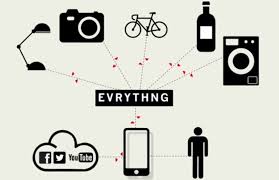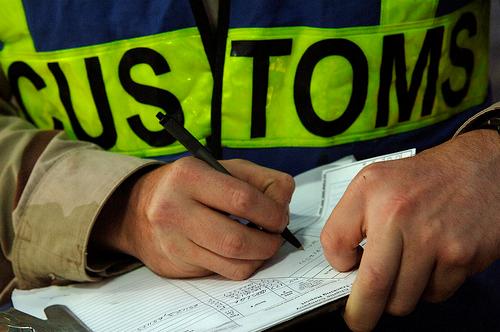T-Mobile has been known as being the most disruptive carrier since it has come under John Legere’s command. He has introduced many such incentives that leave other carriers like AT&T/Sprint in the dust. Their last disruptive move was the “Uncarrier” which made them get a lot of consumers from other networks join the T-Mobile bandwagon. Now it has come with another campaign that’s not only disruptive but also hugely beneficial to it’s customers.
The cellphone carrier announced that all T-Mobile customers with a “Simple Choice” plan can now receive a free mini cell tower for their home. The 8.5-inch square gadget blasts out T-Mobile’s 4G-LTE network to a 3,000-square-foot radius.
The mini tower (T-Mobile is calling it a CellSpot), lets customers connect to T-Mobile’s cellular network — not Wi-Fi. That means in places where they received one or no “bars” of service, they’ll now get a full, speedy connection. With this move, T-Mobile wants to diminish the fact that their network coverage is inferior in anyway to other carriers.
T-Mobile has done this kind of thing before. It previously gave out free Wi-Fi routers that allowed customers to make calls and texts over their home Wi-Fi networks.
Other carriers have similar offerings but they charge hundreds of dollars whereas T-mobile has a meager fee of $25 and that is also refundable!
“The big difference between us and the carriers is that they’ll do absolutely everything they can to bleed you dry,” said John Legere, T-Mobile’s CEO, in a statement.
“We’ll do absolutely everything we can and use every proven technology available to give you the best coverage possible.” Legere called the CellSpot “a huge feat of engineering.”
Giving the CellSpots out for free instead of charging a couple hundred bucks is a way for the company to keep customers and add new ones. By addressing a common issue and presenting a solution for free, T-Mobile said it’s hoping to turn a few heads and get people to consider switching.
In contrast to this, our local telcos should definitely learn a thing or two and improve reception by taking out a bit of their marketing budget and introducing and handing out such devices to consumers in places with spotty reception. This would definitely help them grow their customer base which has significantly declined since the biometric verification system has blocked illegally active SIMs. What do you think? Share your views with us on our Facebook page or in the comments section.



